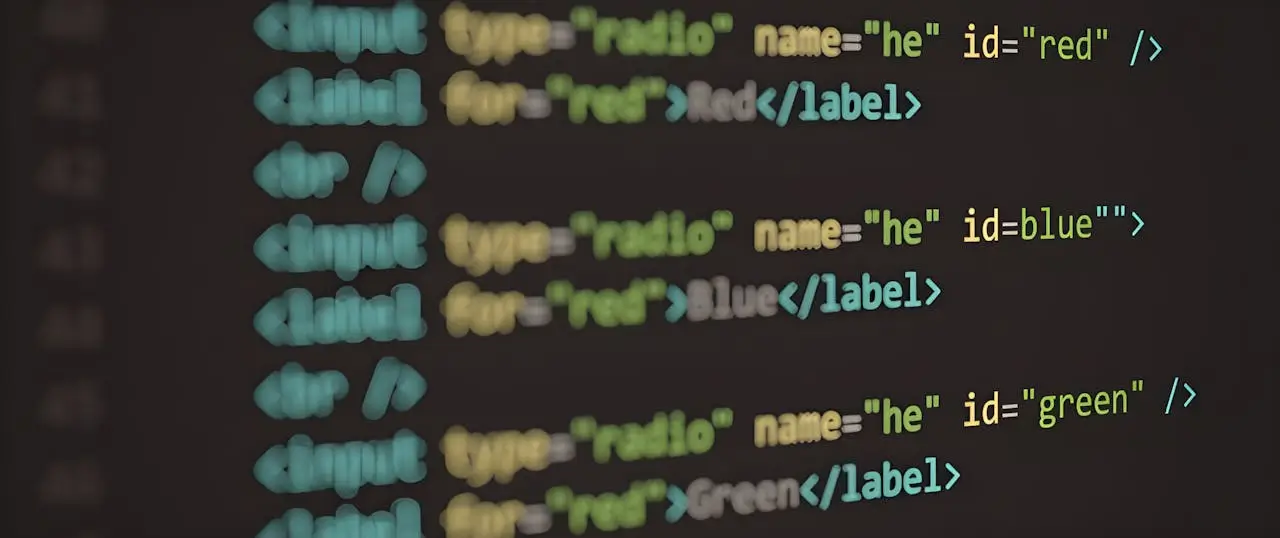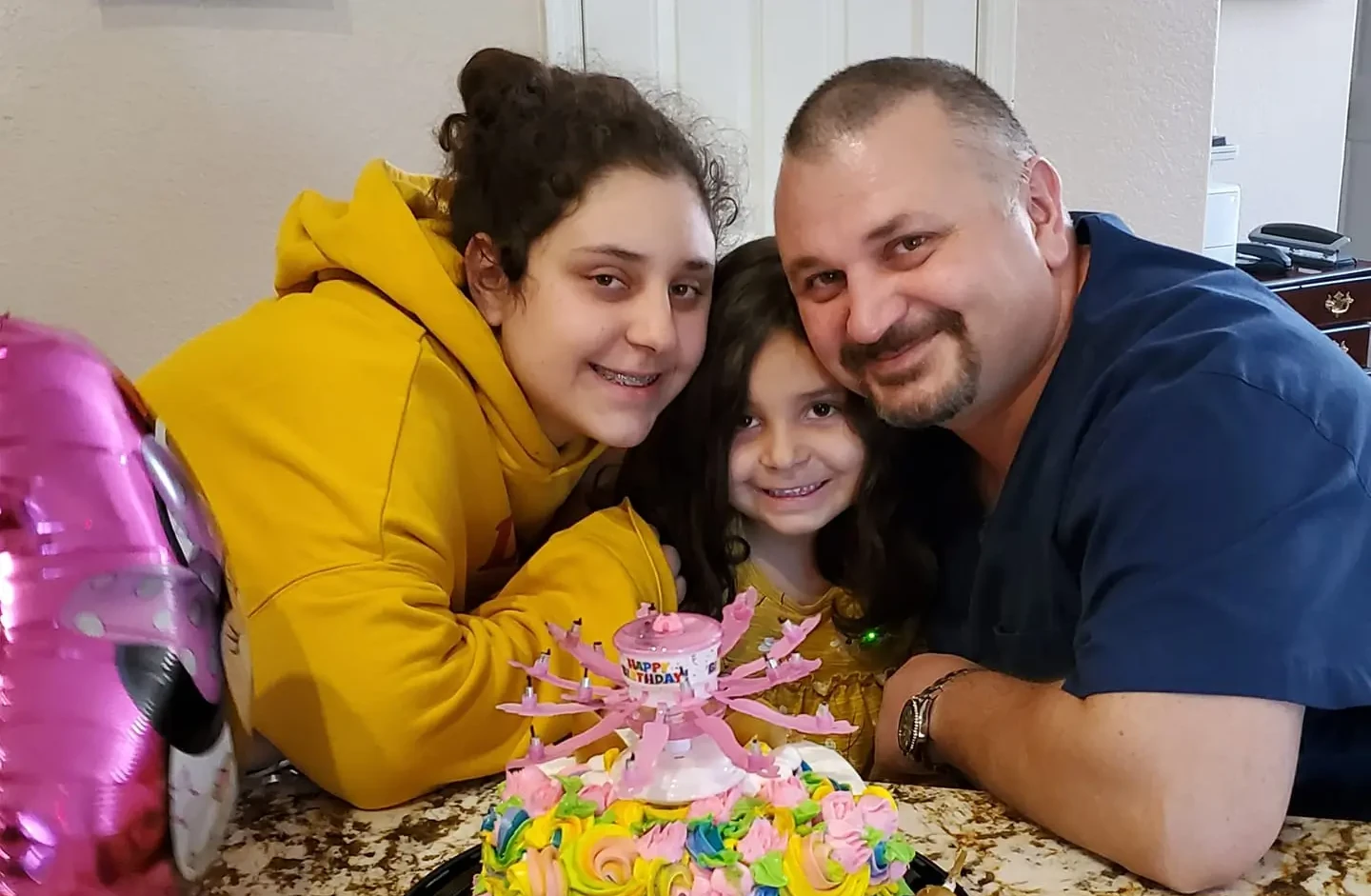Starting your journey as a web developer can feel exciting yet overwhelming. But don’t worry, you’ve got this! To help you navigate this path, here are some practical tips from my experience, explained in a way that’s as beginner-friendly as possible. Let’s dive in!
Start Small and Build Confidence
You might be tempted to immediately create the next big social media platform, but slow down! Start small. Your first project doesn’t need to change the world. Build something simple, like a personal portfolio or a to-do list app. These manageable projects help you practice the basics while giving you something to show off.
When you start small, you can focus on mastering essential skills, like HTML for structure, CSS for styling, and JavaScript for interactivity. Plus, finishing a project-no matter how simple-feels incredibly satisfying and builds your confidence. Remember, even the best developers started with “Hello, World.”
Don’t Skip the Fundamentals
Getting caught up in flashy frameworks and libraries is easy when you’re just starting, but don’t skip the basics. Learn HTML, CSS, and JavaScript inside out before moving on to tools like React or Vue.js. These fundamentals are the foundation for everything else you’ll learn.
Think of it like learning to cook: you wouldn’t dive into complex recipes before mastering boiling water or chopping veggies, right? Similarly, understanding how the web works at a core level will make advanced concepts easier later. Trust me, in the future, you will thank me!
Break Problems into Smaller Pieces
As a beginner, solving problems can feel daunting. The trick is to break big tasks into smaller, more manageable pieces. For example, instead of saying, “I need to build a website,” break it into parts like creating the header, styling buttons, or adding a navigation bar.
This approach helps you stay focused and prevents burnout. Plus, completing small tasks feels rewarding and keeps you motivated. Pro tip: Write down a checklist of what you need to do. Crossing off each item feels like leveling up in a video game.
Get Comfortable with Mistakes
Here’s a secret: every developer makes mistakes-yes, even the experts. Errors are just part of the process, so don’t let them discourage you. When something doesn’t work, treat it as a puzzle to solve. Debugging can teach you just as much (if not more) than writing flawless code.
Also, don’t hesitate to use Google-it’s every developer’s best friend. Stack Overflow is like a treasure trove of solutions. You’ll soon discover that most problems you face have already been solved by someone else.
Practice, Practice, and Then Practice Some More
The key to improving as a developer is practice. The more you code, the better you’ll get. Dedicate time each day or week to working on projects, experimenting with new techniques, or solving coding challenges. Websites like freeCodeCamp, Codecademy, and LeetCode offer exercises to sharpen your skills.
Remember, consistency beats intensity. Coding for 30 minutes daily is more effective than trying to cram everything into one long session. Over time, you’ll develop muscle memory for writing clean, efficient code.
Join the Developer Community
Web development can feel lonely if you’re tackling it solo, so don’t hesitate to join communities. Platforms like X, GitHub, and forums are full of developers who love to share tips, answer questions, and cheer you on.
Being part of a community also exposes you to different perspectives and coding techniques. Plus, networking with other developers can open doors to mentorship opportunities and even jobs down the line. You’re not alone on this journey, so make connections and have fun along the way.
Learn to Love Documentation
Reading documentation might not sound exciting, but it’s a skill worth developing. Documentation is like a manual for the tools you’re using, and it can save you tons of time.
When you’re working with a library or framework, the docs will tell you exactly how to use it effectively. Don’t be intimidated by the dense text-start with the examples and work your way up. Soon, you’ll feel comfortable navigating even the trickiest docs.
Focus on Progress, Not Perfection
As a beginner, you might feel pressure to make your code perfect, but perfection isn’t the goal-progress is. Each line of code you write teaches you something new, and every project you complete brings you closer to your goals.
Celebrate small wins, like fixing a bug or learning a new shortcut. These victories add up over time and keep you moving forward. Remember, even expert developers are constantly learning, so embrace the journey!





Leave a Reply